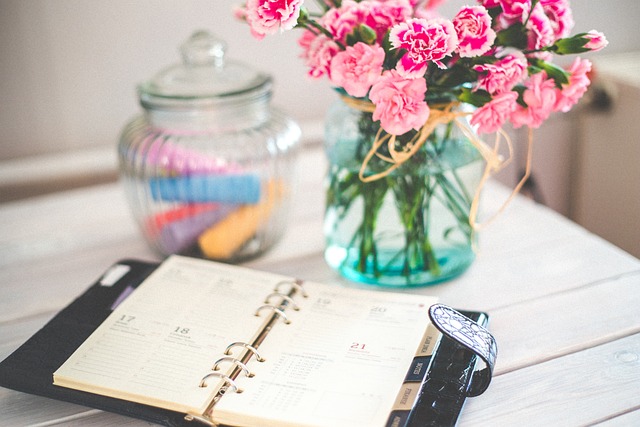Balancing Work and Life with a Weekly Planner
Balancing the demands of work and personal life is a challenge faced by many. A well-utilized weekly planner can serve as a crucial tool in achieving this balance, ensuring that both professional obligations and personal activities receive the attention they deserve. By methodically organizing tasks, appointments, and goals, a weekly planner can help create a structured yet flexible approach to managing daily responsibilities.
Here’s how a weekly planner can aid in maintaining a healthy work-life balance:

Prioritizing Tasks and Appointments
A weekly planner allows for a clear overview of upcoming tasks and appointments, enabling you to prioritize effectively. By visually mapping out your week, you can allocate time to urgent work tasks while ensuring personal commitments, such as family time or hobbies, are not overlooked. This visibility helps prevent professional responsibilities from consuming your personal life, promoting a balanced schedule.
Setting Boundaries Between Work and Personal Time
Utilizing a weekly planner encourages the establishment of clear boundaries between work and personal time. Designating specific time blocks for work-related activities and personal pursuits can help in mentally and physically separating the two realms. This practice reduces the likelihood of work bleeding into personal time, fostering a more satisfying work-life balance.
Incorporating Flexibility
Life is unpredictable, and a weekly planner can accommodate the need for flexibility. By identifying non-negotiable work tasks and personal activities, alongside those that can be adjusted, you can swiftly adapt to unexpected changes without sacrificing overall balance. This adaptability is key to managing stress and preventing burnout.
Tracking Progress Toward Goals
Beyond managing daily tasks, a weekly planner can track progress toward larger personal and professional goals. Regularly reviewing these goals and adjusting plans accordingly ensures that long-term objectives are not sidelined by immediate demands. This strategic approach to goal management supports career advancement and personal growth, contributing to overall satisfaction and wellbeing.
Encouraging Regular Reflection
Weekly reflection sessions facilitated by your planner can offer insights into how effectively you’re balancing work and life. Reflecting on the past week’s achievements and setbacks allows for continuous improvement in how you allocate your time, making adjustments to better serve your work-life balance.
Planning for Downtime
Intentionally scheduling downtime in your weekly planner is crucial for maintaining a healthy balance. Planning for rest, leisure activities, and social engagements ensures these important aspects of personal wellbeing are valued and protected. Recognizing downtime as essential rather than optional helps in preventing burnout and enriching your quality of life.
Conclusion
A weekly planner is more than just a tool for scheduling; it’s a strategic ally in the quest for a harmonious work-life balance. By prioritizing tasks, setting clear boundaries, incorporating flexibility, tracking goals, encouraging reflection, and planning for downtime, you can navigate the complexities of modern life with greater ease and satisfaction.
Adopting a thoughtful approach to how you use your weekly planner can transform it into a powerful instrument for achieving the balanced life you aspire to.
